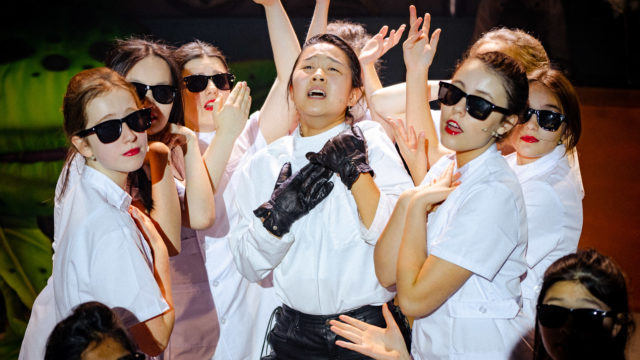iPaulina

12-year olds in the Olympics?
Is age really just a number when it comes to elite athletes?Next summer, Sky Brown is on course to become Great Britain’s youngest Olympian ever in the 2020 Tokyo Summer Olympics. She will be one of 80 athletes competing in the newly added skateboarding event. At 11 years old, she is also the youngest Nike sponsored athlete in the world.
Whilst her high scores and results have already been widely celebrated across the world, her achievements are even more impressive when you consider that she has risen to the top in a sport typically dominated by athletes who are at least twice her age. This has prompted a lot of discussion about the age of elite athletes and many are now questioning whether there is ever an ideal age to compete.
In most sports, it’s commonly accepted that peak physicality is reached around the age of 26. In fact, the mean age of athletics world record holders is 26.1 years old. However, it’s important to note that different sports will require a different combination of skill and physicality. For example, sports that require more skill and technique naturally favour slightly older athletes who simply have more experience. Typical examples of such sports are golf and tennis, where it’s often possible for athletes to sustain their careers well into their thirties. Most notably, Roger Federer was World No.1 in tennis at 37 years old. This goes to show that sometimes the experience of older athletes can overcome the raw athleticism of younger players.
At the other end of the spectrum, artistic gymnastics stands out as having one of the lowest peak ages of any sport for female athletes. This is largely due to the heavy reliance on flexibility as well as the focus on skills involving flipping and twisting. As a result, the routines are easier if you are smaller and younger. This means that it’s not unusual for female gymnasts to retire in their late teens or early 20s.
This then begs the question of why men don’t face a similar problem in gymnastics. The answer to this is down to male gymnasts needing more power to complete their moves. Since male gymnasts need to build up more muscle, it’s common for them to peak in their twenties, around 10 years later than their female counterparts. However, as with most things, there are no set rules and at 42 years old Oksana Chusovitina was the oldest female gymnast competing at the Rio 2016 Olympics. This was her seventh Olympics, having first competed in 1992, before any member of the USA’s Women’s team was even born.
On the whole, whilst the physicality of many sports will act as a barrier to both younger and older athletes, there are plenty of sports in which athletes can succeed at the elite level despite their age. If you watch Sky Brown practising tricks for hours on end, her success becomes much less of a mystery. Ultimately, sporting success relies less on age and more on an athlete’s sheer determination and mindset.
Lauren VII







